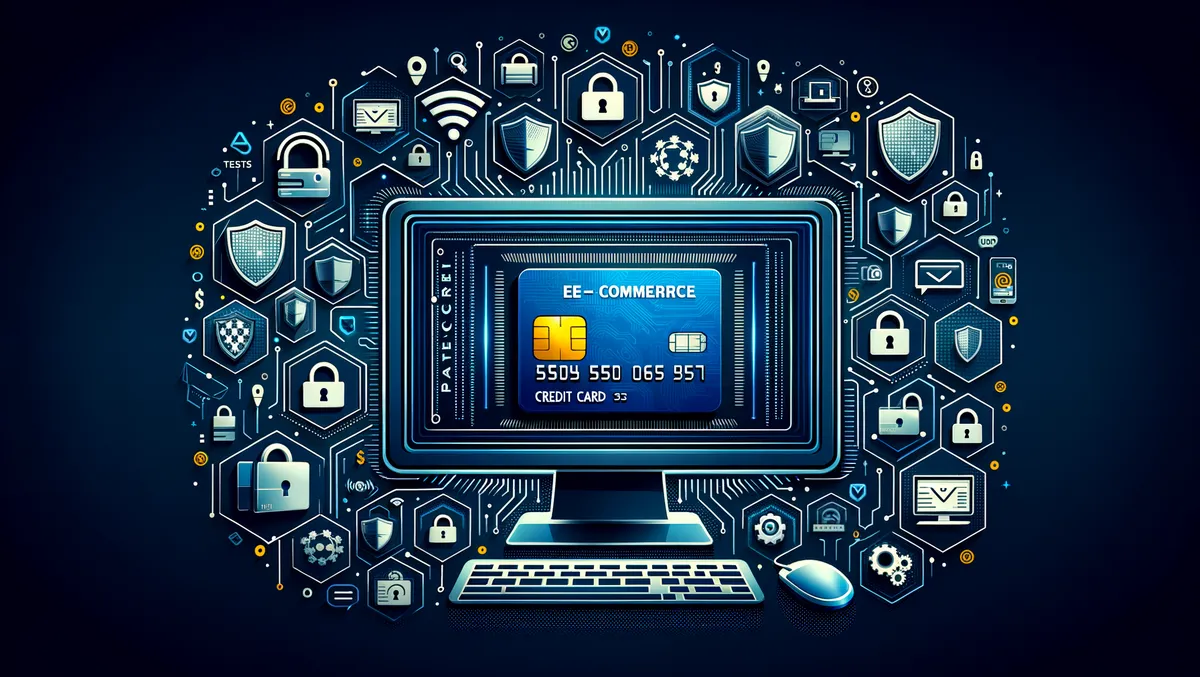
IronVest CMO predicts rise in CNP fraud & masking tech use in 2024
As the New Year approaches, CMO and Co-Founder of cybersecurity app IronVest, Guy Bauman, shares his predictions for the key cybersecurity trends of 2024.
Foremost among these is a predicted increase in card-not-present (CNP) fraud. This form of scam does not require a physical credit card but instead capitalises on the card number, personal identification information, or the three-digit security code at the back of the card.
Mr Bauman observes that with eCommerce growing into a multi-trillion-dollar industry, the threat of CNP fraud is slated to rise further. "Research found that card-not-present fraud would make up 73% of all card payment fraud this year. Expect this trend to continue into 2024 as the dominant way of scamming consumers, especially with online shopping," warns Bauman.
In light of this looming threat, Bauman anticipates a rise in the adoption of 'masking' technologies as a security measure. Masking allows the use of virtual cards, which are untraceable to original card information and are single-use, thereby providing anonymity and limiting exposure to fraud. In simple terms, the consumer's true card details are hidden or 'masked', and a stand-in card number is used for online transactions.
Mr Bauman explains, "Heading into 2024, consumers are going to continue to wise up to the fact that shopping online is similar to playing roulette; you never actually know if your information is safe."
"For this reason, they will continue to adopt the use of masked or virtual cards to circumvent handing over their actual card information while transacting online." He adds that masking can also be applied to sensitive data such as emails and phone numbers, supporting a more comprehensive layer of security.
"The critical advantage of a virtual card is that it is untraceable to your original information and single-use, meaning consumers maintain anonymity and limit their exposure to fraud to a single transaction," said Mr Bauman.
"When it comes to data breaches and total account drains, this simple security measure can be the only tool that stands between you and life-changing fraud."
Another significant trend foreseen by Bauman is the growing consumer demand for a self-sovereign identity. A self-sovereign identity implies that individuals have sole control and access to their information.
Bauman comments, "It's no secret that consumer trust in big tech has been in a freefall. They are tired of having to compromise their personal data to engage with the applications and the platforms they love and for good reason, daily data breaches aren't confidence building." He predicts the continuous shift of consumers towards this model heading into 2024.
"Headed into 2024, we will continue to see a shift in consumer demand towards the right to a self-sovereign identity, or the belief that individuals alone should have access and control of their own information," concludes Mr Bauman.
In this rapidly evolving digital era, these predictions highlight the critical need for robust cybersecurity measures. With CNP fraud and compromised personal data at the forefront of cybersecurity threats, the increasing adoption of 'masking' technologies and the demand for self-sovereign identity might indeed be the game-changers that individuals need to protect themselves.
Before co-founding IronVest, Bauman founded or held high-level leadership positions at five other startups, including StackUp, OurCart, and Wizeo. Of the five startups he helped go to market, three were acquired.


